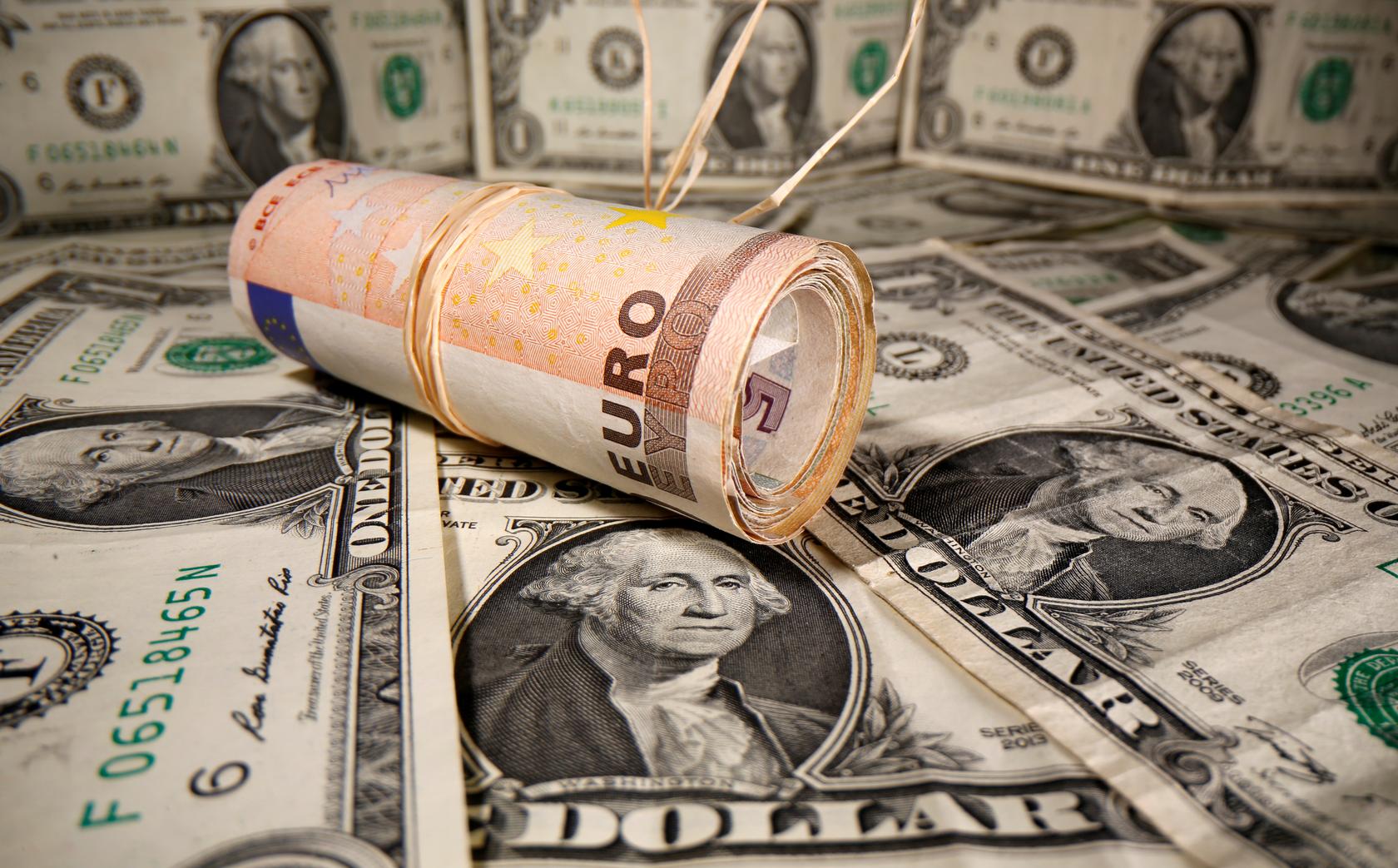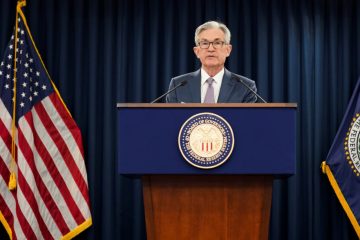Dollar languishes amid lower U.S. yields as recession fears mount

The U.S. dollar remained under pressure on Thursday as it looked set to extend declines against major peers to a fourth day, hurt by Treasury yields wallowing near two-week lows amid rising concerns of a recession.
The dollar index, which measures the currency against six key rivals, slipped 0.1% to 104.12, bringing its decline since Friday to 0.46%. It has fallen 1.56% from the two-decade peak of 105.79 reached on June 15, when the Federal Reserve raised rates by 75 basis points — the biggest hike since 1994.
Markets have become increasingly concerned that the Fed’s commitment to quelling red-hot inflation will spur a recession. Those worries sent the 10-year Treasury yields sliding to an almost two-week low.
Overnight, Fed Chair Jerome Powell said in testimony to Congress that the central bank is fully committed to bringing prices under control even if doing so risks an economic downturn. He said a recession was “certainly a possibility,” reflecting fears in financial markets that the Fed’s tightening pace will throttle growth.
Economists polled by Reuters expect another 75-basis-point hike for July, followed by a 50-basis-point rise for September.
“Powell’s semi-annual testimony has taken some steam out of the USD, his comments regarding elevated recession risk evidently weighing more than his unconditional commitment to restore price stability,” Westpac strategists wrote in a client note.
“But with 75bp still on the table for July and Fed Funds set to rise above 3% by year’s end, USD interest rate support should ultimately continue to build.”
Westpac sees the risk of a pullback in the dollar index to the 102 level in the near term, but recommends buying at those levels.
The dollar slid 0.17% to 135.97 yen , retreating from a 24-year high of 136.71 reached on Wednesday.
However the U.S. currency gained against the South Korean won, scaling 1,302.77 for the first time in 13 years and last trading 0.19% higher at 1,300 won.
The euro was little changed at $1,05615, while sterling slipped 0.2% to $0.8630.


